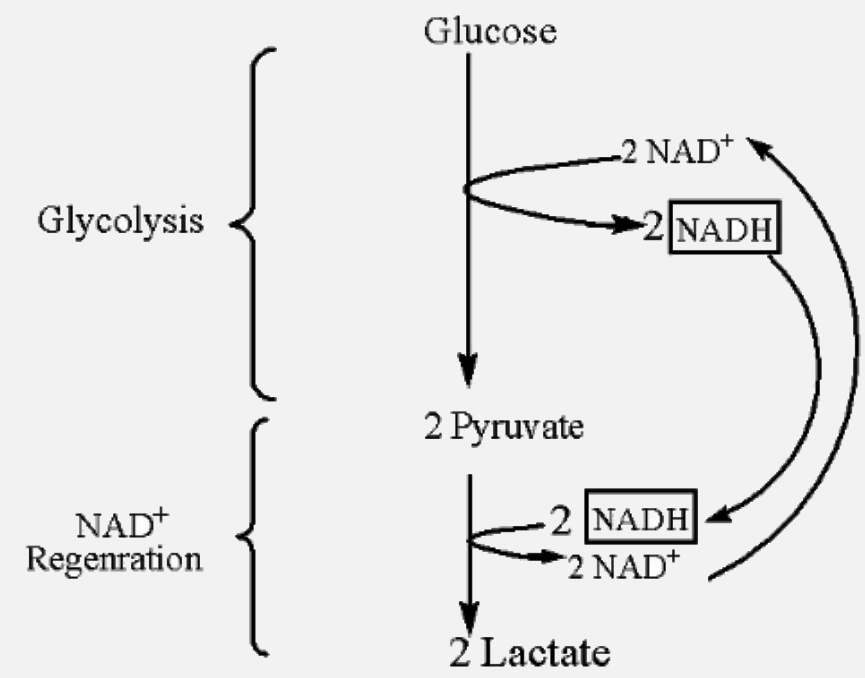In terms of work, the decrease in free energy during a process is equal to …................
To answer the question regarding the relationship between the decrease in free energy and work, we can follow these steps:
1. Understanding Free Energy: Free energy, specifically Gibbs free energy (G), is a thermodynamic potential that measures the maximum reversible work that can be performed by a thermodynamic system at constant temperature and pressure.
2. Defining Change in Free Energy: The change in Gibbs free energy (ΔG) during a process indicates the amount of energy available to do work. A decrease in free energy (ΔG < 0) suggests that the system can perform work.
3. Work Done by the System: The work done by the system can be expressed in terms of the change in free energy. The relationship can be stated as:
ΔG=Wnon-PV
where Wnon-PV represents the non-pressure-volume work done by the system.
4. Conclusion: Therefore, in terms of work, the decrease in free energy during a process is equal to the maximum useful work that the system can perform. This can be summarized as:
ΔG=−Wuseful
Thus, the decrease in free energy (ΔG) is equal to the negative of the useful work done by the system.
Final Answer:
In terms of work, the decrease in free energy during a process is equal to the maximum useful work that can be done by the system.
---
ΔG=Wnon-PV
where Wnon-PV represents the non-pressure-volume work done by the system.
ΔG=−Wuseful
Thus, the decrease in free energy (ΔG) is equal to the negative of the useful work done by the system.
In terms of work, the decrease in free energy during a process is equal to the maximum useful work that can be done by the system.
Topper's Solved these Questions
- THERMODYNAMICSBOOK - PRADEEPCHAPTER - THERMODYNAMICSEXERCISE - CONCEPTUAL QUESTIONS( I. General Introduction andsome basic terms and concepts)
4 Videos
- THERMODYNAMICSBOOK - PRADEEPCHAPTER - THERMODYNAMICSEXERCISE - CONCEPTUAL QUESTIONS( II. First law of thermodynamics)
1 Videos
- THERMODYNAMICSBOOK - PRADEEPCHAPTER - THERMODYNAMICSEXERCISE - TEST YOUR GRIP( MULTIPLE CHOICE QUESTIONS)
21 Videos
- STRUCTURE OF ATOMBOOK - PRADEEPCHAPTER - STRUCTURE OF ATOMEXERCISE - Competition Focus (JEE (Main and Advanced)/Medical Entrance (IX. Assertion And Reason Type Questions (Type II))
12 Videos
Similar Questions
Knowledge Check
Free energy change for a reversible process is
A>0B<0Cequal to zeroDunpredictableThe value of free energy change of an equilibrium process is
ApositiveBNegativeCZeroDNot definiteFind out work done by the battery during he process of charging
A1500μJB1200μJC1600μJD1300μJ
Can the work done during a cyclic process be zero?
View SolutionA system is provided 50 joule of heat and the change in internal energy during the process is 60J. Magnitude of work done on the system is:
View SolutionTwo charges particles each having equal charges 2×10−5C are brought from infinity to within a separation of 10 cm. Calculate the increase in potential energy during the process and the work required for this purpose.
View SolutionIn plant energy is produced during the process of -
View SolutionWork done during isothermal reversible process is given
View Solution

